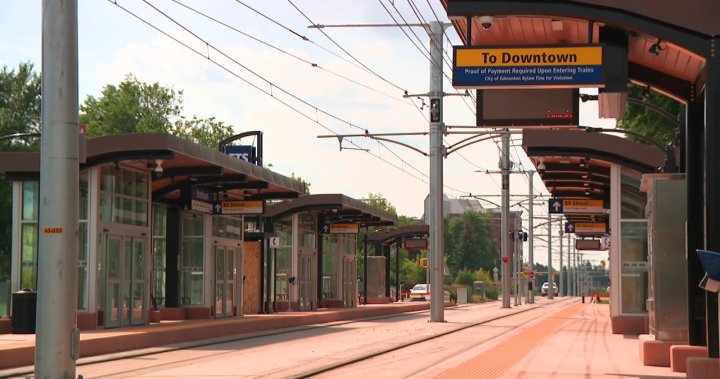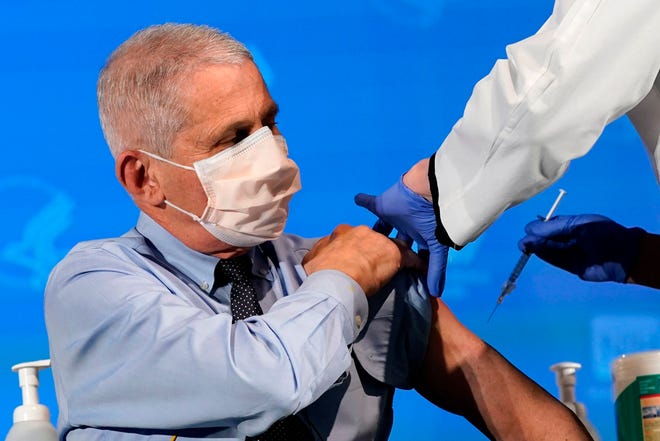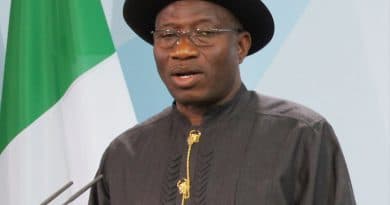Valley Line LRT signalling cable replacement ‘beyond frustrating’ but shouldn’t further delays – Edmonton
First, there was the mysterious piece of concrete discovered in the North Saskatchewan River.
Then, cracks discovered in the concrete piers under the elevated tracks meant 30 of them had to be repaired.
Now, the southeast leg of the $1.8-billion Valley Line LRT hasn’t even opened yet — more than two years after it should have — and more work is needed.
TransEd, the private industry consortium contracted to build and operate the transit line, said Monday recent testing identified signalling system cables that need to be replaced to improve long-term system reliability.
TransEd communications spokesperson Dallas Lindskoog said for the past four months, the company has been doing demonstration testing, running trains from downtown to Mill Woods.

6th collision with Valley Line LRT in south Edmonton
The company tested everything it possibly can — including the signalling system, which presented problems on Edmonton’s Metro Line when it was built a decade ago.
Lindskoog said while the signalling is working as designed on the Valley Line, crews did find some coaxial cables are showing signs of oxidation, which he said happens with oxygen comes in contact with the copper wire.
He said over time, it deteriorates how functional the wire is, how much data it can transmit, and it will start to cause problems in the long-term.
“We wouldn’t expect to see that this early on some of these cables. So as a result, we’ve made the important decision to get out in front of this now to replace those cables, upgrade them,” he said, adding that would have had to be done as part of regular maintenance anyways.
Lindskoog said while oxidation was only found on a few cables and it hasn’t compromised the system’s safety, it’s reasonable to assume other cables in underground conduits will also have issues down the road, so TransEd is going to replace and upgrade as much as it can now.
The company is at the point of submitting its paperwork for independent certifiers to review and Lindskoog said that will take time to complete, so the replacements will happen simultaneously.
“While this safety certification is going on, we’re taking a unique opportunity to shut down the trains and replace and upgrade some of those signalling cables.”
The company said replacing the cables now will allow TransEd to operate Valley Line southeast with more reliability once the line opens.
TransEd said crews will replace signalling cables on the line from north of Whitemud Drive to the downtown stop at 102 Street, and that’s expected to take six to eight weeks.
Trains will continue to do test runs south of the Whitemud during that time.
“We’re working 24/7, two shifts — day and night — non-stop until we reach the point where the certification has been achieved,” Lindskoog said.
Edmonton Mayor Amarjeet Sohi said he is deeply frustrated and doesn’t understand why TransEd couldn’t identify and correct all the line’s issues at the same time.
“Now we hear about the defects in these cables. It will possibly further delay the opening. Edmontonians have been waiting to use this LRT for two years and longer,” Sohi said.
“It’s beyond frustration for me, to understand why this is happening.”

New questions raised about when Edmonton’s Valley LRT Line will be opened
The line was originally slated to be ready for passengers in December 2020 before being delayed to the end of 2021.
In October 2021, the opening was delayed again to the first quarter of 2022 to allow time for the train testing, as well as delays due to the COVID-19 pandemic.
Then in December 2021, another delay was announced to the summer of 2022. At that point, TransEd said it wasn’t one single issue behind the delay but rather, it met with each of the subcontractors and realized they wouldn’t be able to meet deadlines.
Then last August, cracks found in dozens of the concrete piers that support some of the elevated LRT tracks along the line saw the opening date pushed back again.

Cracked piers repaired, winter 2023 opening for Valley Line LRT ‘possible’
It’s been the better part of a year since then and still, there is no opening date.
This is not another delay, Lindskoog said Monday, stressing the cable replacement will happen at the same time independent certifiers are doing their work.
TransEd has no say on how long that process will take, he added.
“It will take as long as it takes. And once that is done and once the city reviews those results, it’s actually the city’s decision of when the line opens to passengers,” Lindskoog said.
While all of the signal cables are below ground, TransEd said the signalling cables are easily accessible to crews as they’re in conduits and ducts beneath the train track and the roadway.
“There should be no need to rip up any of the surface infrastructure,” Lindskoog said.
TransEd said it would rather upgrade the cables now, before passengers start using the trains.
“We’re going to operate the line for the next 30 years, and the right thing to do is to prevent anything that’s going to cause a future service disruption,” Lindskoog said.
“Edmontonians deserve a system, when it goes into full operation, that it runs as a brand-new system with uninterrupted operation. And we intend to deliver that.”
The work is being done at TransEd’s expense but Sohi said that is no comfort to him and shouldn’t be for residents either.
“This LRT project should have been in service in 2020. Here we are in 2023 and that is absolutely unacceptable.”
Sohi, who was a city councillor when the project was approved, said the public-private partnership model (P3) was forced upon the city.
“It was not the council’s decision to go that way, but we ended up with this P3 project and there’s no accountability,” he said.

Valley Line LRT issues raise concerns over P3 projects
Sohi explained in a traditional contract where the project is designed and built by the city with subcontractors, administration and the builders would have been directly accountable to city council.
In this case, TransEd only has to report to city staff.
Sohi said he asked the city manager Andre Corbould a year ago to conduct a comprehensive review of P3 projects and that work is underway right now.
He said at this point, he has no faith in the P3 model.
“We should not be doing any P3 projects until we dig deeper into what happened in this case and and learn lessons.”
Lindskoog said the cable replacement shouldn’t overshadow what he called a significant milestone in the project — reaching the point of being ready for safety certifications.
“We know it’s been a challenge for the last few years. It took longer than we expected. It took longer than the city and citizens expected. But we’re so, so close.”
“Even though it may look like we’re suddenly fixing a bunch of stuff and there’s no way this line’s ever going to open, that simply is not true,” Lindskoog said.

Valley Line LRT southeast opening date still up in the air
The 13-kilometre Valley Line southeast from Mill Woods to downtown is different from the current high-floor LRT system that the Edmonton Transit Service operates.
The line features low-floor, urban-styled trains that provide more pedestrian-friendly access with street-level stops.
The line is built by public-private partnership contractor TransEd, a consortium made up of four companies: engineering firm Bechtel, construction company EllisDon, train builder Alstom (which acquired former builder Bombardier in 2021) and Fengate Asset Management.
TransEd is responsible for designing, constructing, operating and maintaining the line for the next 30 years.








